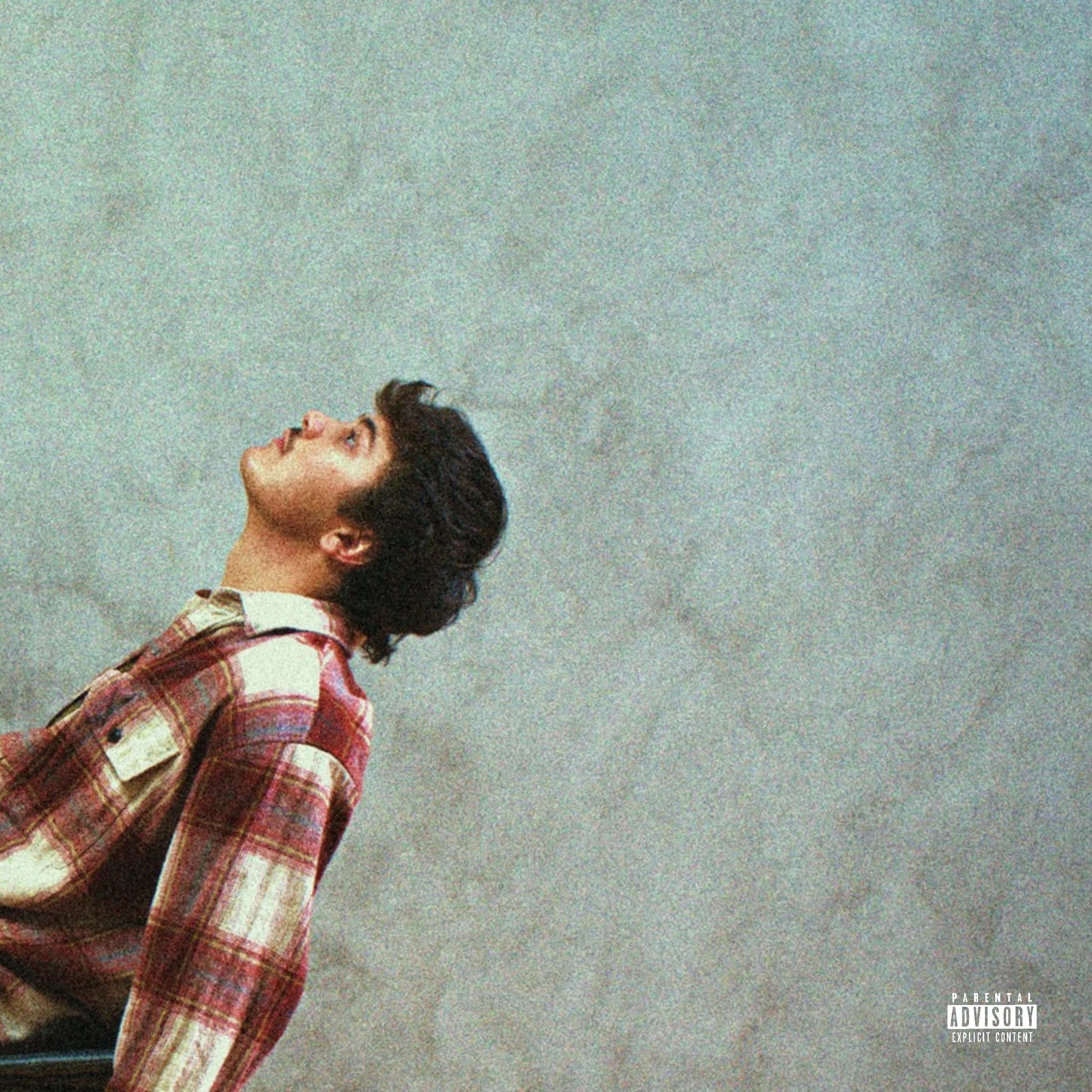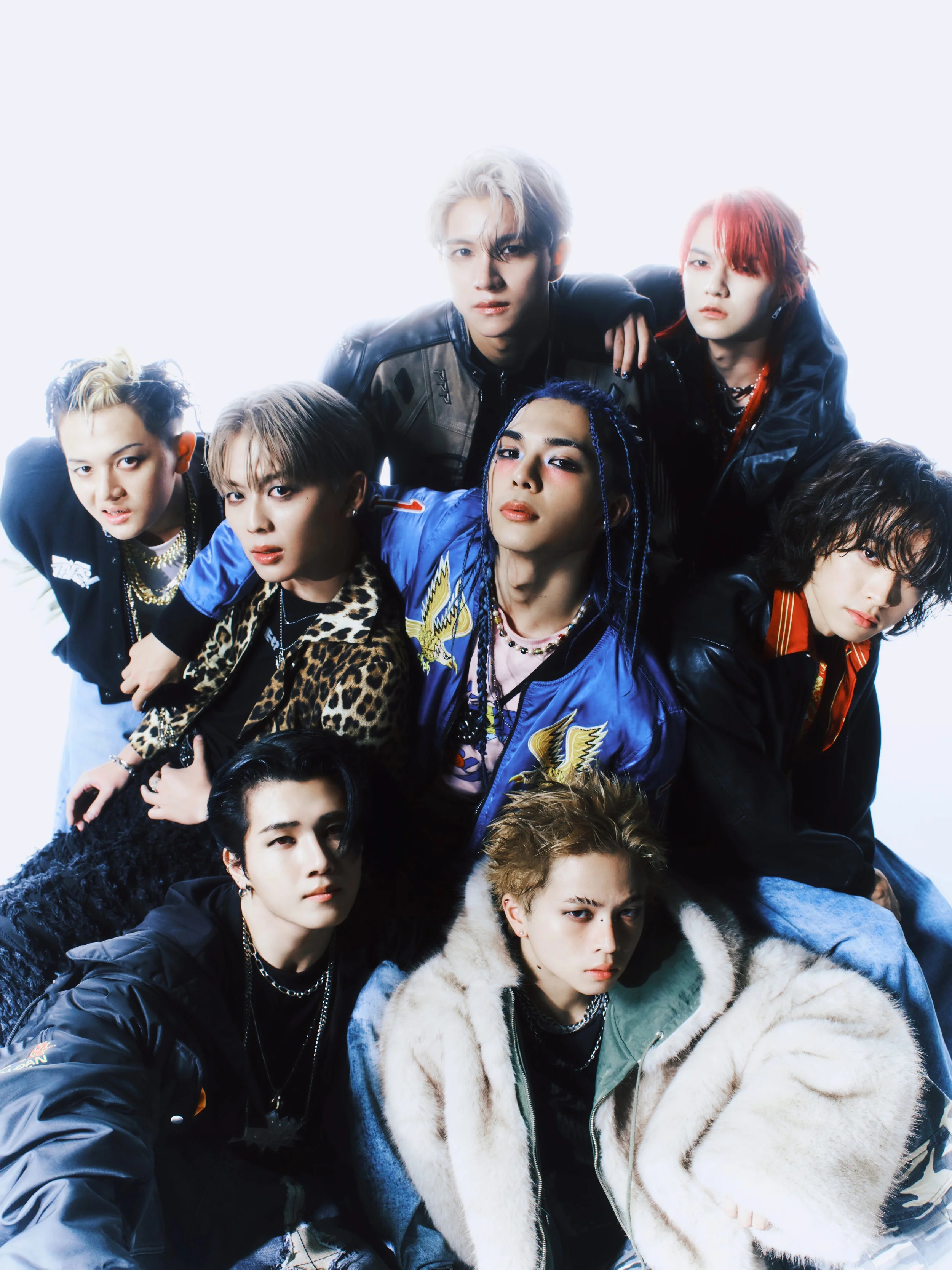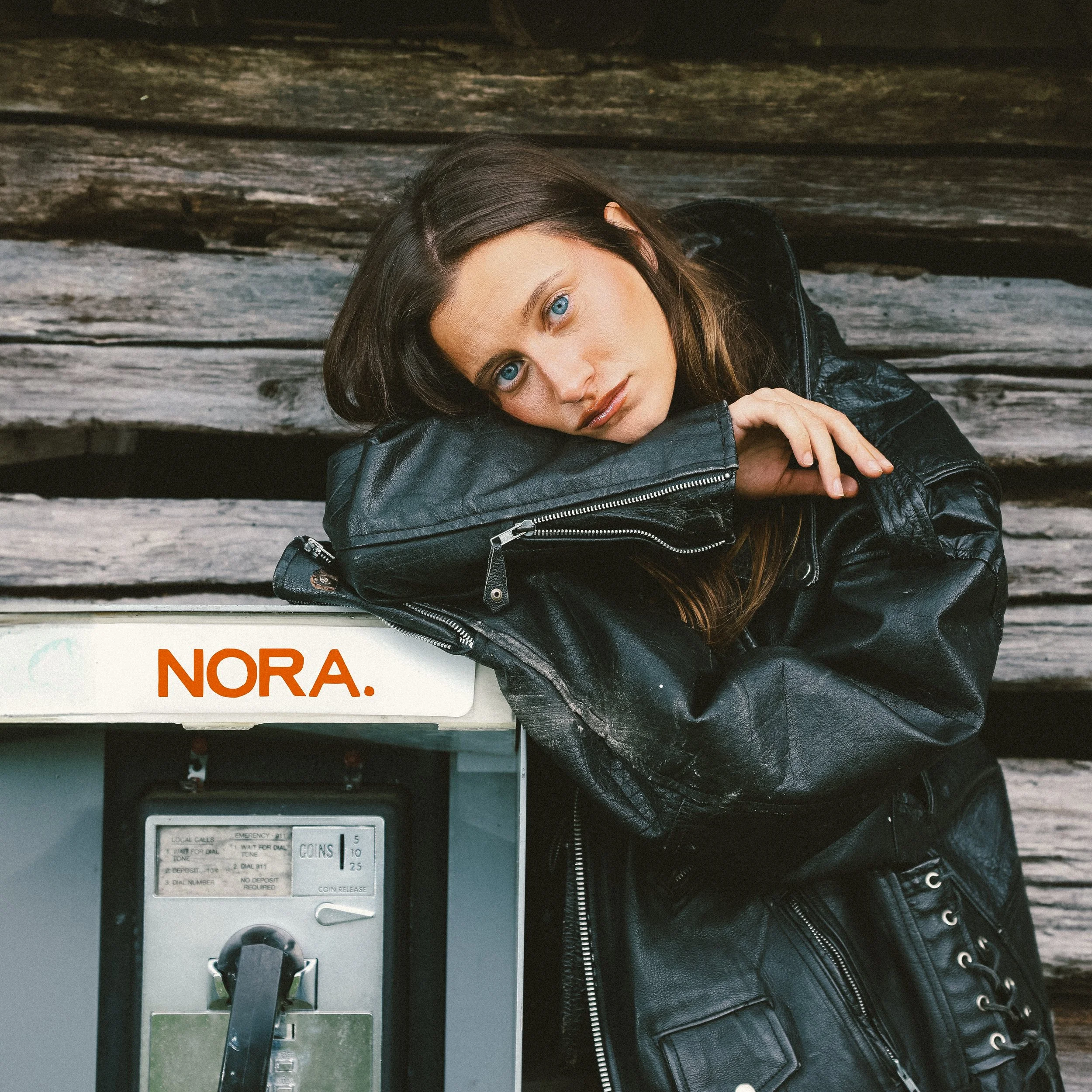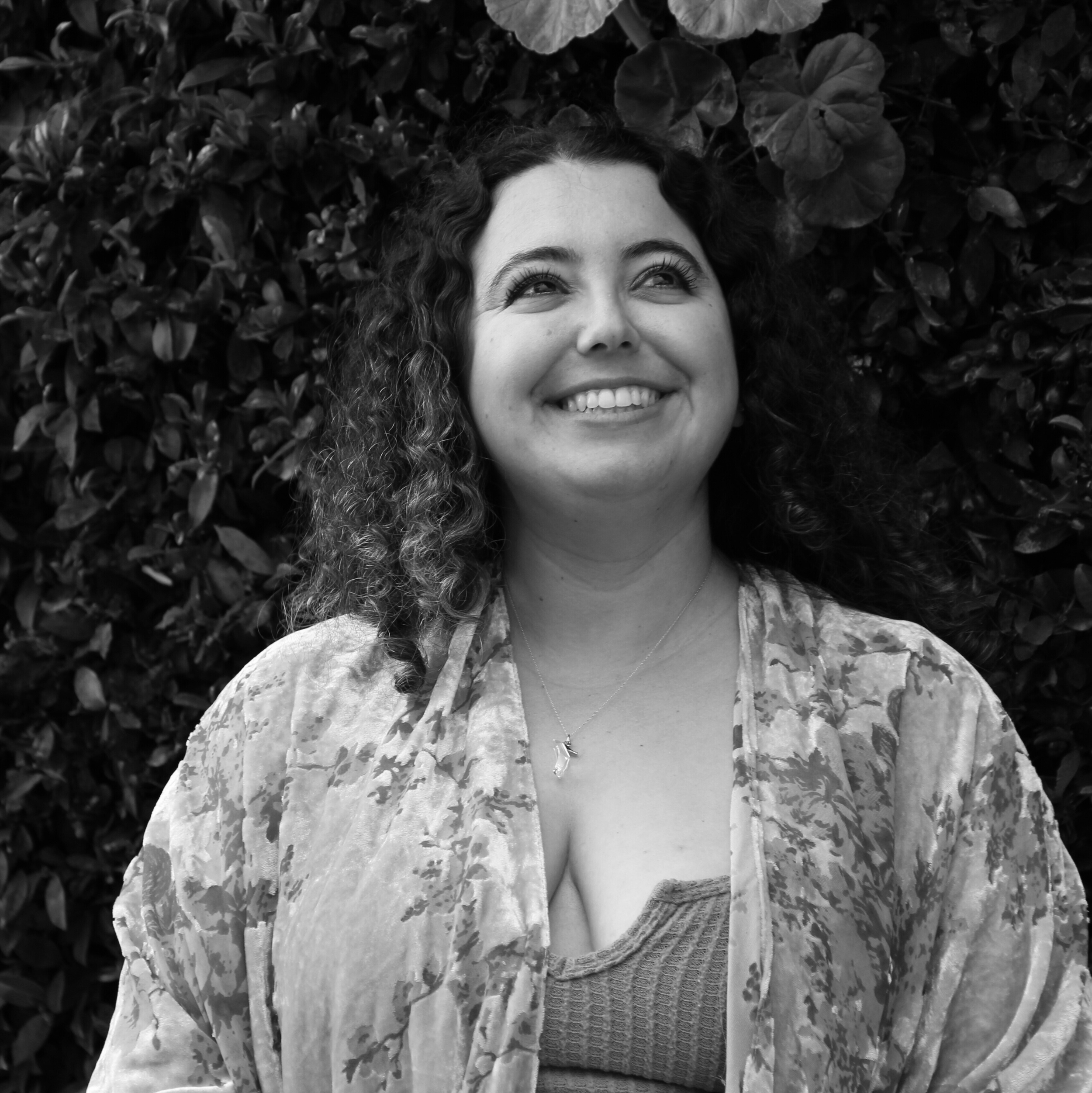by kaleigh gieraltowski
Nashville country artist Spencer Bandy is on the horizon, with new music on the way and an array of upcoming projects. We got the chance to talk with him about the depth of his songwriting process and how one honest thought can transform into a meaningful song. His approach to storytelling is sure to set him apart from other artists and place him in the spotlight as someone who is truly authentic to his work. If you love listening to a deep ballad or an emotional, authentic story, this is an artist you’ll want to pick up and listen to. Whether he’s creating in a writers workshop or playing his guitar alone, Bandy is a promising artist sure to leave a lasting mark on listeners.
Congratulations on your new single, “Losing Me,” out February 20th. Can you walk me through how this song came to be?
Spencer: “‘Losing Me’ started as a really honest conversation I was having with myself. I was in one of those seasons where you look around and realize you’ve been pouring so much energy into other people, other expectations, other versions of yourself... and somewhere in there, you’ve gone missing. The first line came pretty quickly, and once that door opened, the whole song followed. The writing process felt natural. It was more than just a regular write I usually have, it felt like something I needed to admit out loud.”
Do you write most of your music on your own, or do you collaborate with others as well? What does your process look like when you do bring someone else into the room?
Spencer: “Most of the songs I write or wrote are all done by me alone, but I do a little bit of both. A lot of songs start alone with a guitar and a voice memo because that’s all I have with me when ideas arrive. I love collaboration too. Getting to hear other people's perspectives can take a song somewhere you never would’ve gone on your own. When I bring someone else into the room, it usually starts with a melody or a feeling instead of a polished idea. I’m not precious about it. We talk, drink too much coffee, maybe complain about our lives for a bit, and eventually a line pops out that feels like the truth. That’s usually the spark.”
Your music leans into a country-folk sound. Was that always the direction you envisioned for yourself, or did you experiment with other styles before landing where you are now?
Spencer: “I definitely experimented. Like most people, I had a phase where I thought I was going to be a pop star, then an indie rocker, a rapper, then something else entirely. But I kept coming back to the songs that felt the most natural and authentic to me. That country-folk space just felt the most honest to who I am as a writer and a person. In a way it was a strategic decision to switch genres and find my sound but the other half was more like realizing, ‘Oh, this is the sound that feels like my authentic self.’”
You currently live in Nashville — how does being there, and the environment you’re surrounded by, influence your songwriting? Are there other places you find yourself going to for inspiration?
Spencer: “Coming to Nashville for the first time was a pretty eye-opening experience for me. There’s this energy here where everyone’s hungry to win, but it’s not cutthroat — it feels like a real community. It’s more than just a city; it’s a place that kind of has open arms for musicians, especially songwriters. When I came to Belmont to study music business, I realized pretty quickly that the people here and the songwriting culture were where I felt most accepted in the industry. That sense of community definitely shows up in my writing. You’re constantly surrounded by people who care about the craft, and it pushes you to be more honest and more intentional with your songs. That said, I still love going back home to Detroit. There’s something about being there that grounds me and reminds me where I came from. Between Detroit and Nashville, I feel like I get the best of both worlds. And honestly, some of the people I’ve met here in Nashville have become some of my closest friends, which makes the whole experience even more meaningful.”
What is your relationship with performing music live? Do you think about how what you’re writing will come across to an audience while you’re creating it, or is that more of an afterthought?
Spencer: “I haven’t done a full band show yet, but I’ve been doing a lot of writers rounds, which has been really special in its own way. Those rooms are usually pretty intimate, so the focus is really on the lyrics and the story. It’s a great way to test songs and see what lines people lean into or react to. As far as writing, I try not to overthink the live aspect too much. I want the song to be honest first, and then I figure out how it’ll translate on stage later. My plan is to start doing more full shows once the full project is out, so people can really experience the songs the way they were meant to be heard. I’m excited for that next step.”
Is “Losing Me” part of a bigger project you’re working toward? If so, does it follow an overall theme or album concept, or does it stand more as a one-off release?
Spencer: “‘Losing Me’ is definitely part of a bigger body of work. The songs I’ve been writing lately all live in a similar emotional world, and a lot of influence for it has come from the people I've met and the music scene here in Nashville. I wouldn’t say it’s a strict concept record, but there’s a clear thread running through the songs.”
Which artists have you been pulling inspiration from recently, or what have you been listening to lately?
Spencer: “I have been on an EXTREME Joshua Slone kick. His debut album that he released this past year has inspired me in the best way possible. I also love listening to Marvin Gaye, Al Green, and Marcus King. The soul/blues music always inspired me because that's what i grew up on and somehow my playlist always leads back to those artists.”
If you only had one chance to introduce someone new to your music, which song would you choose, and why?
Spencer: “Right now, I’d probably choose ‘Losing Me.’ It feels like a really honest snapshot of where I am as a writer and a person. It’s vulnerable without being overly dramatic, and it lives right in that country-folk lane that feels most natural to me.”
Why should people listen to your music, and what exciting things do you have coming up next?
Spencer: “I don’t know if anyone should listen to my music, but if you like songs that are honest, a little stripped back, and probably written a little too late at night, you might find something in there for yourself. As for what’s next, ‘Losing Me’ is just the beginning. There’s plenty more music on the way, more shows, and a lot more collaboration, which is my favorite part of the whole thing.”
